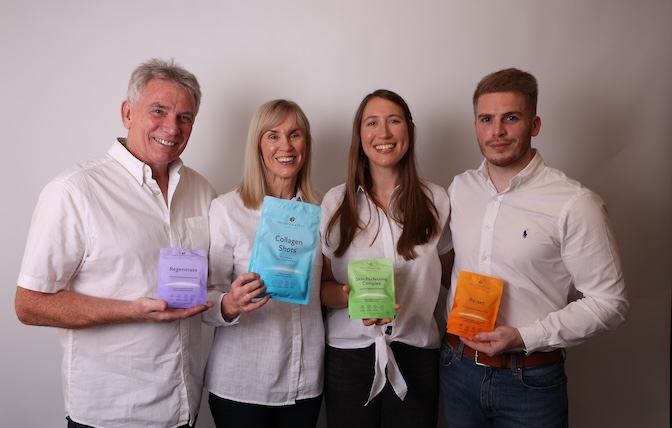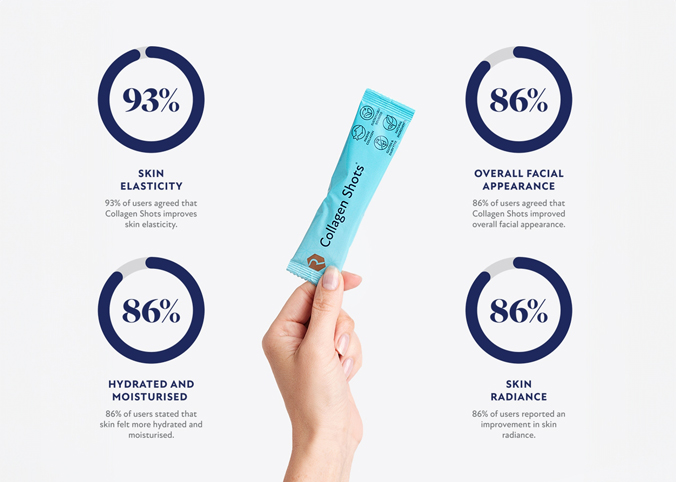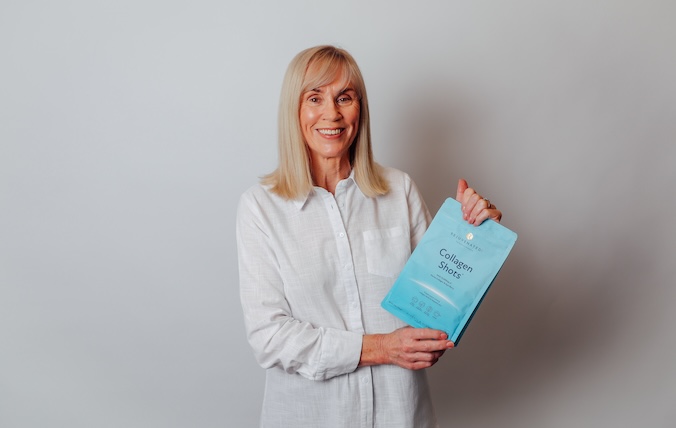How a state of flow can help you to get through lockdown

It’s now over a year since the first Coronavirus lockdown began. As we watched from afar, it wasn’t long before the rest of the world followed suit. As the year passed phrases such as ‘lockdown’ and social distancing have become the new norm. Catching up means a zoom call and not meeting up in a coffee shop or going out for a meal together.
The first lockdown was a shock to our system as we came to terms with something never experienced before. There was a hope that it would be at an end once the short, sharp shock was over. Now in our third lockdown there is a feel of being in limbo, a sense of frustration as we wait for our lives to revert to some kind or normality.
As humans we find open ended waiting incredibly difficult to deal with. A team of scientists conducted research into the well-being of a group of individuals in isolation and looked specifically at two coping strategies: flow and mindfulness.
Interestingly it was flow rather than mindfulness, that led to the greater well-being during lockdown. While both practises were beneficial in alleviating anxiety and negative emotions, flow was able to reduce the feelings of loneliness and promote healthy practises.
Mindfulness focuses on the individual’s experiences whereas flow actually reduces our self-awareness. In 1975 American-Hungarian psychologist, Mihaly Csikszentmihalyi, described flow as moments where an individual is “utterly absorbed in what they are doing, paying undivided attention to the task, their awareness merged with their actions.”
He observed that to be in a state of flow, the task must be fundamentally rewarding rather than being influenced by external factors. He wrote;
“The important thing is to enjoy the activity for its own sake, and to know that what matters is not the result, but the control one is acquiring over one’s attention.”
When we give our full attention to an activity that we are passionate about and totally immersed in we can experience a flow state of mind. Tasks should have a purpose such as learning a new craft or playing chess will contribute to a state of flow rather when we are relaxing such as watching the television. You can enter a state of flow by simply gardening or cleaning the house so long as you do it purposefully. Being in a state of flow means that you are doing an activity where you lose the track of time and become fully engrossed.
“Of all the virtues we can learn,” Csikszentmihalyi writes, “no trait is more useful, more essential for survival, and more likely to improve the quality of life than the ability to transform adversity into an enjoyable challenge.”
Have you found something that allows you to create a state of flow?






